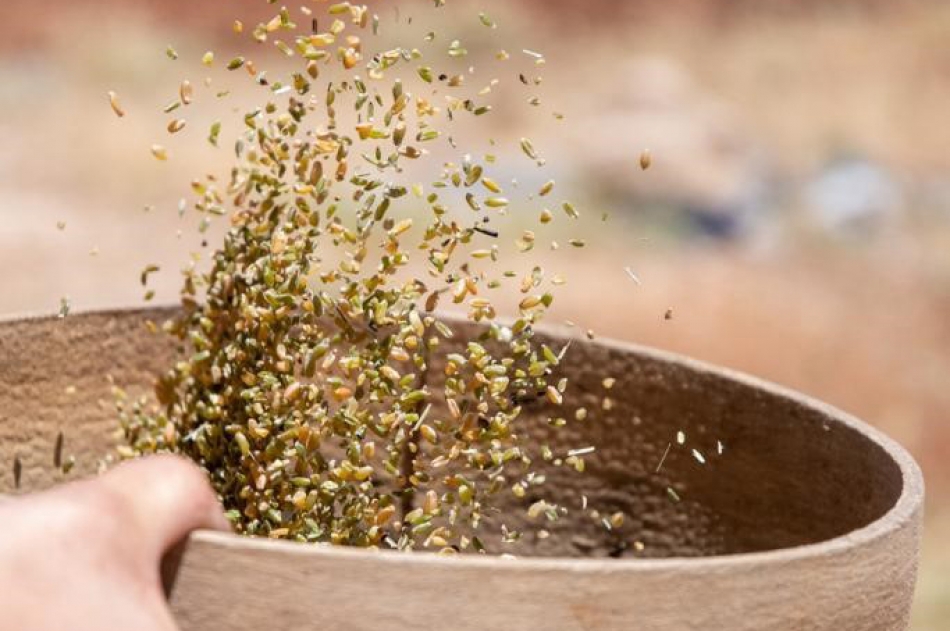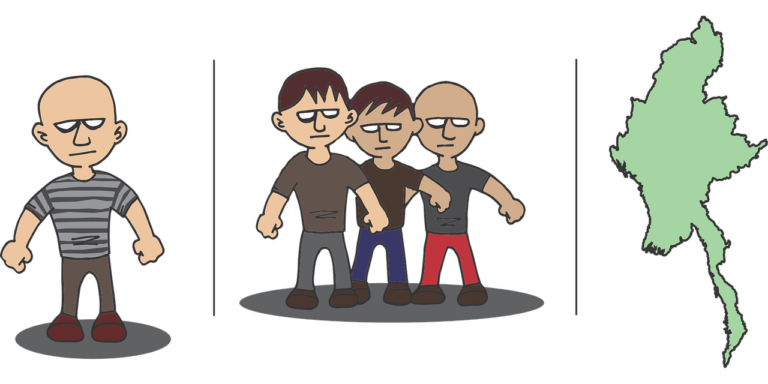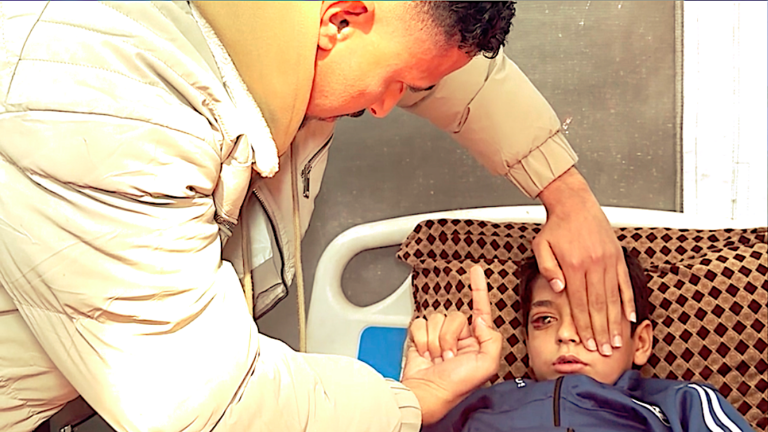
Women in Deir El Ahmar saw in reintroducing freekeh an economic opportunity to improve the standard of living for families in their town. © Women of Deir al-Ahmar Association
There is a special and nutritious cereal food born from the fire. Some call it “farik” or “frik”, but its true name is freekeh, which comes from the Arabic word farak: “to rub”.
This cereal, an ancient component of Levantine and North African cuisines and still very popular in many countries of the Mediterranean Basin, is the perfect ingredient for pilafs, stir-fries, risottos, soups or to simply mix with chicken, fish and other meats.
Once upon a time the wheat silos of the Roman Empire, the Bekaa Valley has recently seen freekeh booming in its fields again, thanks in part to a group of rural women who realized its nutritional, cultural and economic value.
Norma Kozah Rahmeh and her twin daughters, like other women growers in Lebanon’s Bekaa valley, harvest this durum wheat before it fully ripens. They pile it, sun-dry it and then carefully set it on fire so that only the straws and the chaffs burn.
The high moisture of the young grains allows them to survive the fire, and after vigorous rubbing, they are released as delicious green kernels with a smoky flavour: the freekeh.

The Women of Deir al-Ahmar Association (WADA) came together over two decades ago as the region’s economic situation was turning critical, with a high level of youth emigration and a marginalized role of women in the productive sector. They wanted to improve the standard of living for women and their families in the town of Deir El Ahmar, hoping to help create more economic opportunities.
They saw in the freekeh an opportunity to do just that. To reintroduce the cereal to this area, they collaborated with Lebanon’s Ministry of Agriculture to organize workshops for women to learn about the traditional way to process green wheat and prepare the dish.
The association then worked on developing the production chain in several stages and with the support of the Food and Agriculture Organization of the United Nations (FAO), they obtained the necessary equipment for roasting, processing and packaging green wheat.
Although women in Lebanon account for up to 43 per cent of the agricultural workforce, the recognition of the important role of women in agriculture in the nation is still poor. FAO raised awareness of gender equality and building the capacities of rural communities and farmers’ organizations. Since then, year after year, WADA has been expanding and trying to improve the quality and quantity of its product, turning Deir El Ahmar into a destination to taste delicious freekeh in innovative recipes that include salads and sweets.
Today WADA is one of 255 women group beneficiaries of an FAO project funded by the Government of Canada to support women’s cooperatives, associations and informal groups in the agri-food sector in Lebanon. WADA members are enrolled in FAO Cooperative Business Schools and provided with training related to business, marketing, communication, gender equality and others.
After attending a workshop at the WADA Centre, Norma Kozah Rahmen and her daughters, who help her when they have time off from technical school, are growing freekeh for the first time in their own home garden.
“I am now aware of its economic and nutritive value… I am growing the wheat myself this year on my land to produce freekeh for my family and to sell the extra quantities since it is in big demand now,” says Norma.
Thanks to the project, many rural women in Deir al-Ahmar are now becoming entrepreneurs and active members of the association. The project has also made available a modern glass room near the WADA centre where the women can dry freekeh and other types of fruits and vegetables.
“Before building it [the glass room], we had to rent a site or a garage to dry and set the freekeh on fire, but with the help of FAO, the whole process became a lot easier,” says Mona Imad, a member of WADA.
From the fork in the land to the fork on the table, rural women in Lebanon, once often limited to unpaid labour at home, are now not only growing their own wheat but also processing it, cooking it and selling it at the WADA centre facilities. The association hopes to increase the freekeh production volume while improving its quality, safety and marketability.
“This job is supporting my daughter’s school fees and buying our medicines. I encourage every woman to grow wheat on her land,” says Kozah Rahmen, who has also learned to make and sell jams, pickles, bulgar wheat and the traditional dairy product kichik, to feed her family all year round.
“This is how we can face the economic crisis and the hard weather in winter when the snow is cutting the roads. From our daily work, we are improving our economic situation and ensuring our food security,” she underscores.
Source: the FAO News and Media office, Rome
– global bihari bureau





